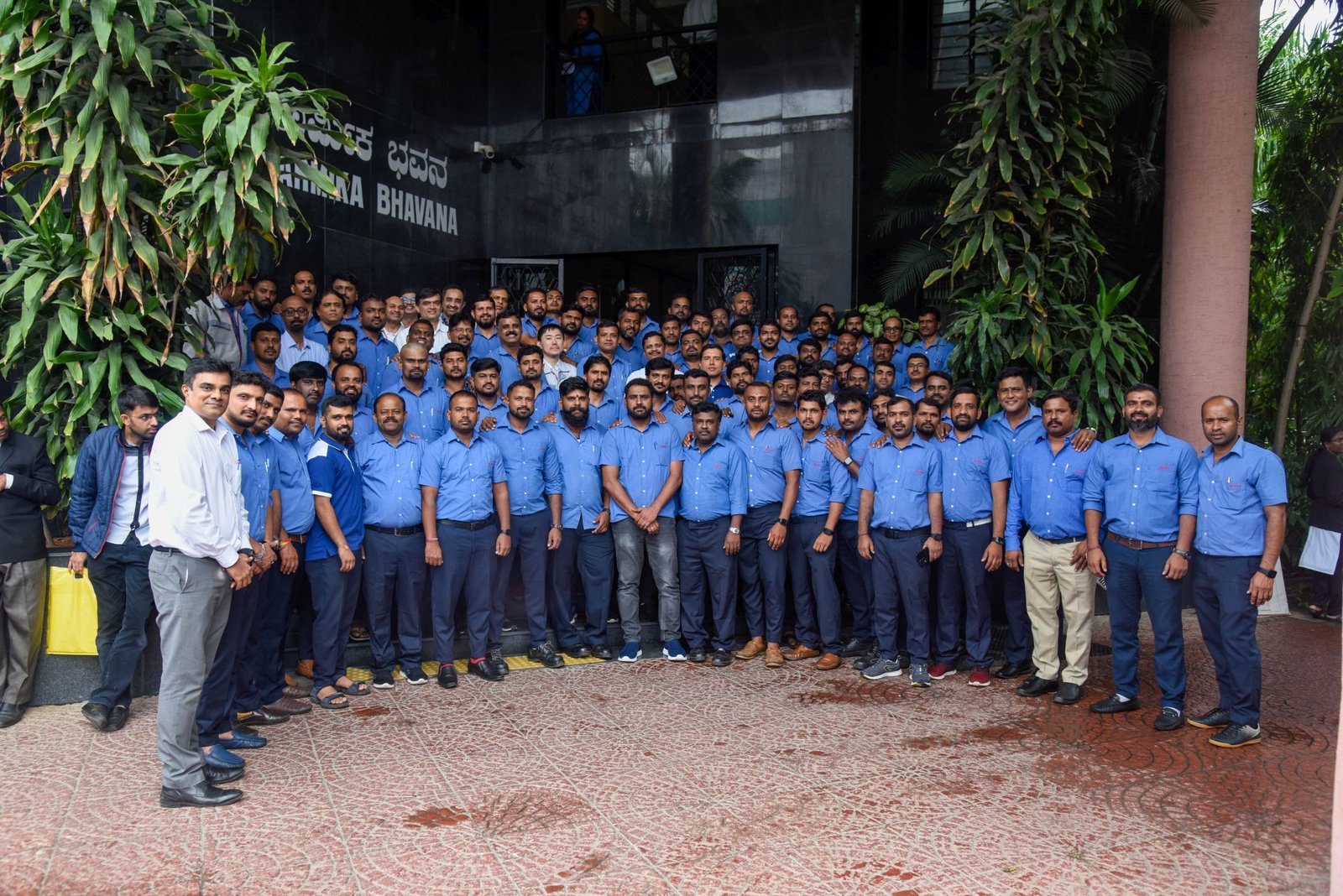This article delves into who employees are, their significance, and the dynamics they bring to the workplace.
Employees play a pivotal role in a company’s journey, bringing energy, creativity, and dedication.
Employees are the backbone of any organization, contributing skills, ideas, and labor to achieve the company’s goals. While they form a part of the workforce, their role extends beyond simply performing tasks. Employees bring value, create a dynamic work culture, and drive an organization’s growth. This article delves into who employees are, their significance, and the dynamics they bring to the workplace.
Defining Employees
Key Contributors to Business Success
An employee is an individual hired by a company to fulfill specific roles in exchange for compensation. Their duties vary according to their position, skills, and the organization’s requirements. Employees can range from entry-level workers to top executives. They are legally bound to the company and play an essential role in its day-to-day operations. This relationship is structured, with defined responsibilities, expectations, and protections that benefit both the employer and the employee.
Employees bring unique talents and knowledge to their roles. They help shape the products, services, and reputation of the organization. They aren’t just people who work for a company; they are the ones who build and sustain it.
Employees are the driving force in a corporate workplace, shaping business culture and contributing to business growth, success, and adaptability in a globalized world.
Significance of Employees in Organizational Success
Employees are central to achieving a company’s mission and vision. They handle the tasks, challenges, and objectives necessary for the company to function and grow. An organization’s success relies heavily on the commitment, innovation, and effort of its workforce. “Employees are our greatest asset,” is a sentiment often echoed by leaders, highlighting their critical role in organizational health.
Without dedicated employees, companies would struggle to produce results or maintain productivity. Employees bring creativity, problem-solving abilities, and diverse perspectives. These factors lead to better decision-making, improved services, and satisfied customers.
Employee Dynamics
Shaping Workplace Culture and Relationships
Employees contribute significantly to the workplace culture. They set the tone of interaction, work styles, and relationships within the organization. A healthy workplace culture fosters teamwork, collaboration, and respect. Employees thrive in environments where their contributions are valued and where they feel a sense of belonging.
Communication and teamwork are essential parts of employee dynamics. Working together to achieve common goals encourages mutual respect and builds a stronger company. When employees feel connected to the organization, they become more motivated, leading to higher productivity and lower turnover.

The Role of Employees in Driving Innovation
Innovation is crucial for a company’s growth and competitiveness. Employees are often the source of fresh ideas and improvements that drive innovation. By empowering employees to think creatively, organizations unlock their potential to generate new products, services, and processes.
Employees working directly in operational roles understand what improvements can be made. Their feedback and insights help companies adapt to changing market needs and stay competitive. When companies encourage employees to contribute ideas, they tap into a powerful resource for growth.
Employee Engagement
Boosting Motivation and Productivity
Employee engagement refers to the level of commitment and enthusiasm an employee has for their work. Engaged employees perform better, stay longer, and contribute positively to the company’s culture. Engagement is achieved when employees feel appreciated, receive feedback, and have opportunities for professional development.
An engaged employee brings energy and dedication to their role. They go beyond basic responsibilities and take an active interest in the success of the company. Companies that invest in engagement strategies, such as recognition programs, skill development, and open communication, create a motivated workforce.
Employee Rights and Protections
Ensuring Fair Treatment
Employees have legal rights that ensure their protection and fair treatment in the workplace. These rights include fair wages, safe working conditions, and protection from discrimination. Employee rights are established to safeguard the well-being and dignity of individuals at work.
Companies must uphold these rights to foster a fair workplace. Compliance with labor laws, fair compensation, and ethical practices contribute to a positive work environment. When employees feel secure and respected, they are more likely to remain loyal and productive.

Employee Training and Development
Building Skills for the Future
Training and development programs are essential for maintaining a skilled workforce. Employees need to update their skills and knowledge to keep pace with industry changes. Companies invest in these programs to build expertise, boost confidence, and ensure that employees can handle future challenges.
Employees benefit from training through enhanced skills, career growth, and higher job satisfaction. Companies gain a more skilled workforce, which leads to better performance and innovative solutions. A commitment to employee development is a sign of a forward-thinking organization.
The Future of Employees
Adapting to a Changing Work Landscape
The role of employees is evolving. With the rise of digital technology, remote work, and flexible schedules, employees’ expectations and work styles are changing. Companies now prioritize employee well-being, mental health, and work-life balance. The future workplace is likely to be more adaptable, diverse, and supportive.
Employees are now seen as partners in the business, contributing ideas and feedback to improve the company. Organizations are moving towards a model where employees are valued not just for their work but for their overall impact on the company’s culture and vision.
Employees as Pillars of Success
Employees play a pivotal role in a company’s journey, bringing energy, creativity, and dedication. They are more than the workforce; they are the pillars that sustain and grow a business. A successful organization understands the value of its employees, investing in their well-being, engagement, and development. By nurturing a positive and empowering work environment, companies create a foundation where both employees and the organization can thrive.
(India CSR)






















